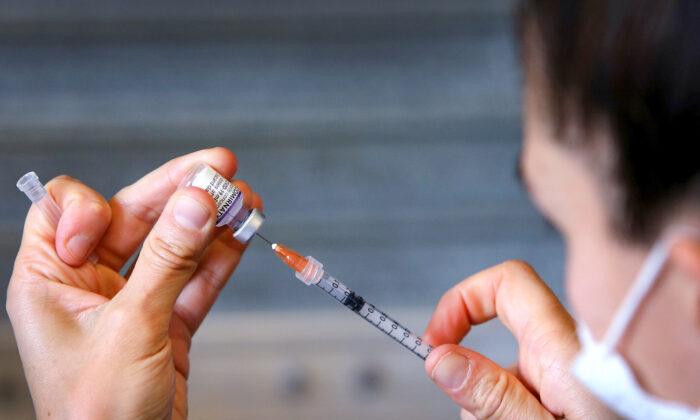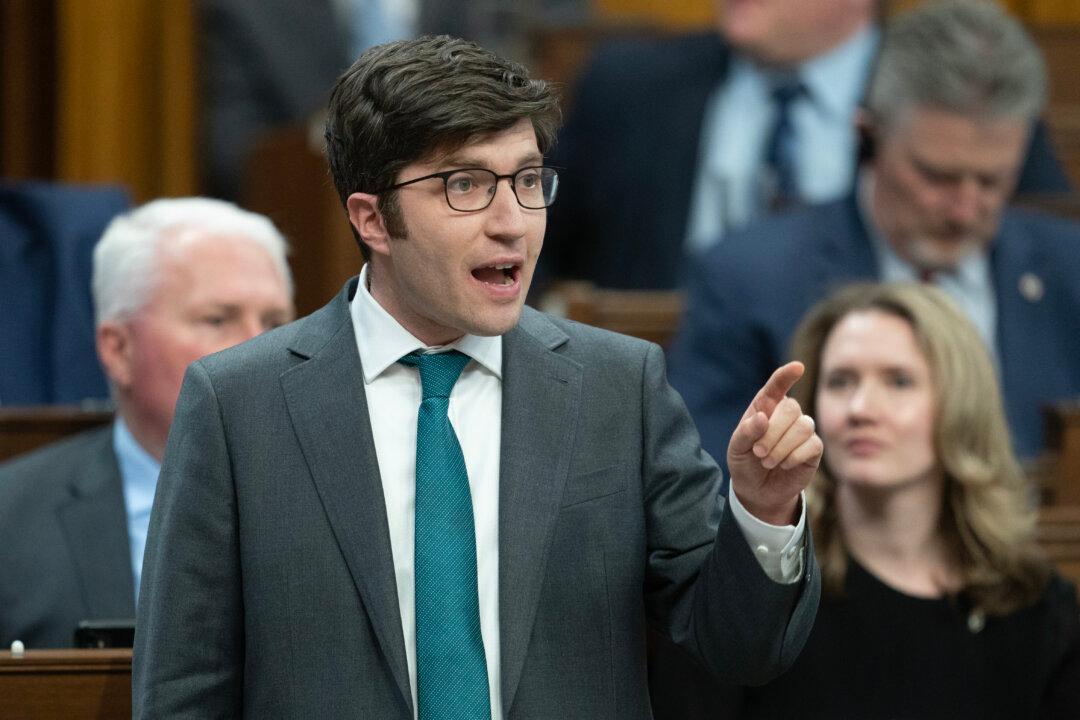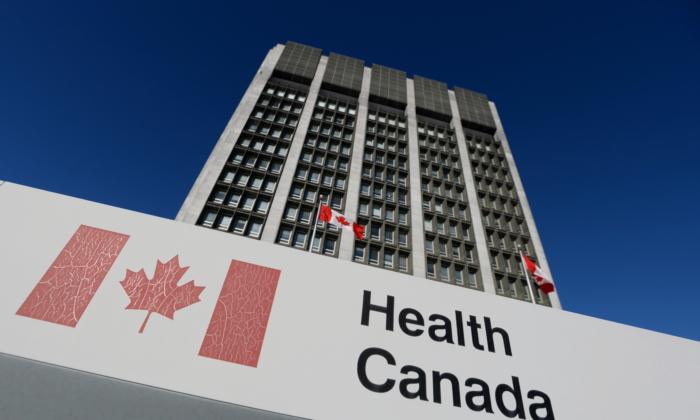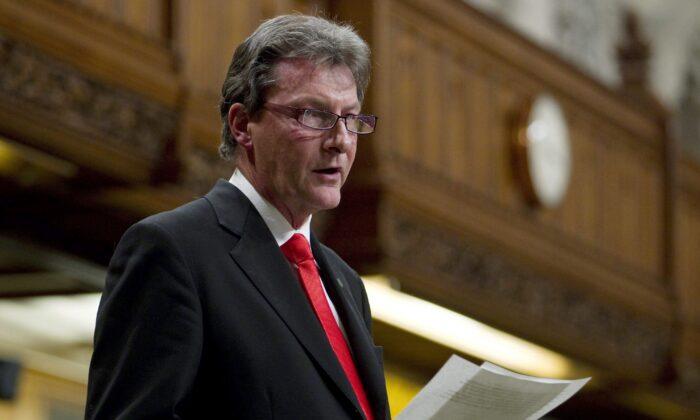The official who had final authority to approve new vaccines in Canada says at no time was she pressured to authorize the COVID-19 shots, even though the prime minister had said vaccination was the only way to get back to normal.
“No one ever told me that the prime minister wants this to be done,” said Dr. Celia Lourenco, now acting associate assistant deputy minister with Health Canada and previously director general of the Biologic and Radiopharmaceutical Drugs Directorate in the department.
Dr. Lourenco was being cross-examined on July 13 as part of the first grievance against the federal vaccine mandate being adjudicated by the Federal Public Sector Labour Relations and Employment Board.
The case involves Slim Rehibi, who worked for Employment and Social Development Canada and was placed on leave without pay for seven months for not complying with the mandatory vaccination policy. He was also denied employment insurance benefits.
The Liberal government imposed a COVID-19 vaccination mandate on the public service and federally-regulated sectors from October 2021 to June 2022.
Bernard Desgagné, who is a public servant and not a lawyer, is representing Mr. Rehibi and another grievor. He broached a wide range of issues with Dr. Lourenco, including whether politics played a role in the approval of COVID-19 vaccines.
He asked Dr. Lourenco if she or someone else had advised the government early during the COVID-19 crisis on what kind of treatment or drug would be best to save lives and return to normalcy.
Dr. Lourenco said her department was reviewing literature and clinical trials at the time, but there was nothing leading them to recommend a particular treatment or vaccine.
He remarked it seems the Canadian government had decided at the beginning of the pandemic that the solution to return to normal would be to vaccinate a large part of the population with a product that did not yet exist.
Dr. Lourenco said that it was not unreasonable for Mr. Trudeau to make that declaration given that vaccines are used to manage infectious diseases and that he could have received that advice from scientists.
Dr. Lourenco said her team was not concerned about the political objectives or “noise” surrounding the issue of vaccination and that it was just focusing on reviewing the data submitted by the pharmaceutical companies.
The main objective was to ensure the “safety, efficacy, and quality” of the injections before they were authorized, she said.
“Of course, we hope ... that the product will demonstrate safety and efficacy and of acceptable quality,” said Dr. Lourenco, “but we have to go through the process to review all of the data to make sure that all of those checks and balances are met.”
The COVID-19 vaccines were authorized under an interim order giving way to a rare pathway for bringing a drug to market. The data has been received on a rolling basis from pharmaceutical companies and brought to the public without long-term safety data.
She said that if the COVID-19 injections had shown their current level of effectiveness against infection of below 50 percent, they would’ve never been approved for market, but their authorization has been kept for their prevention of severe outcomes.
Several legal actions against the federal government have been filed in relation to the vaccine mandates.





